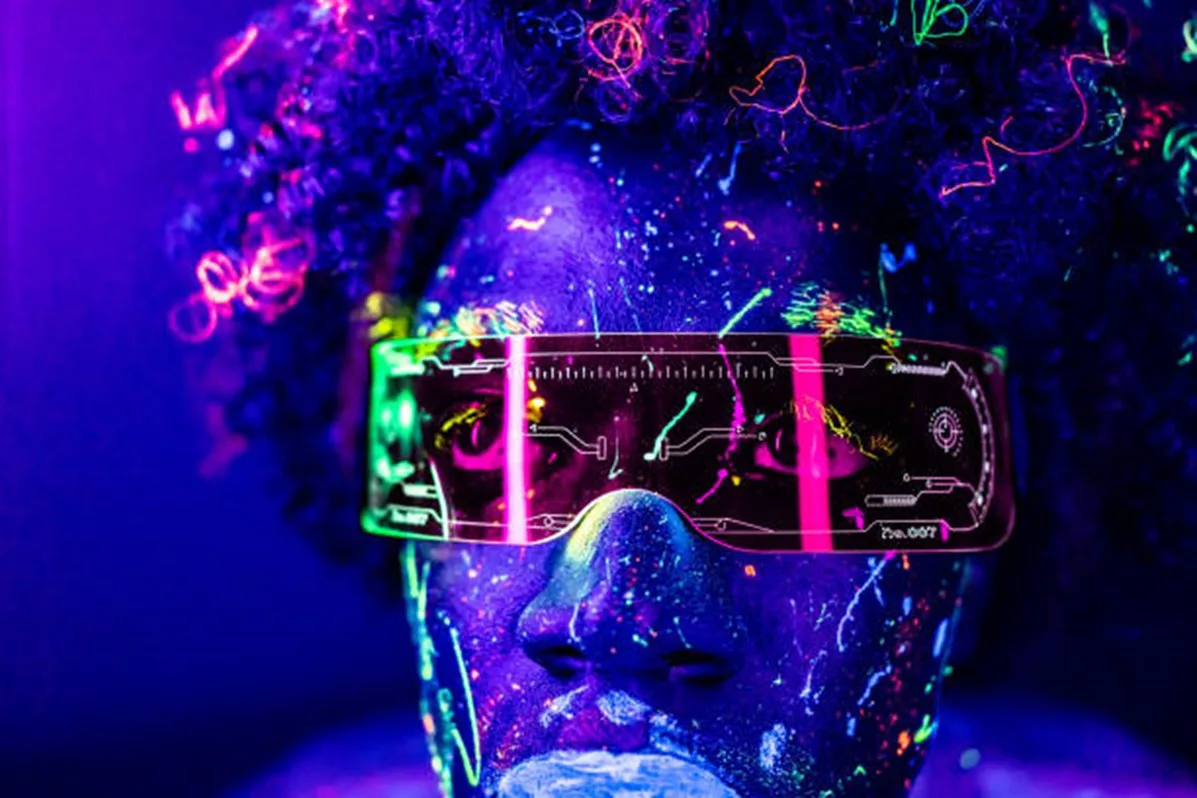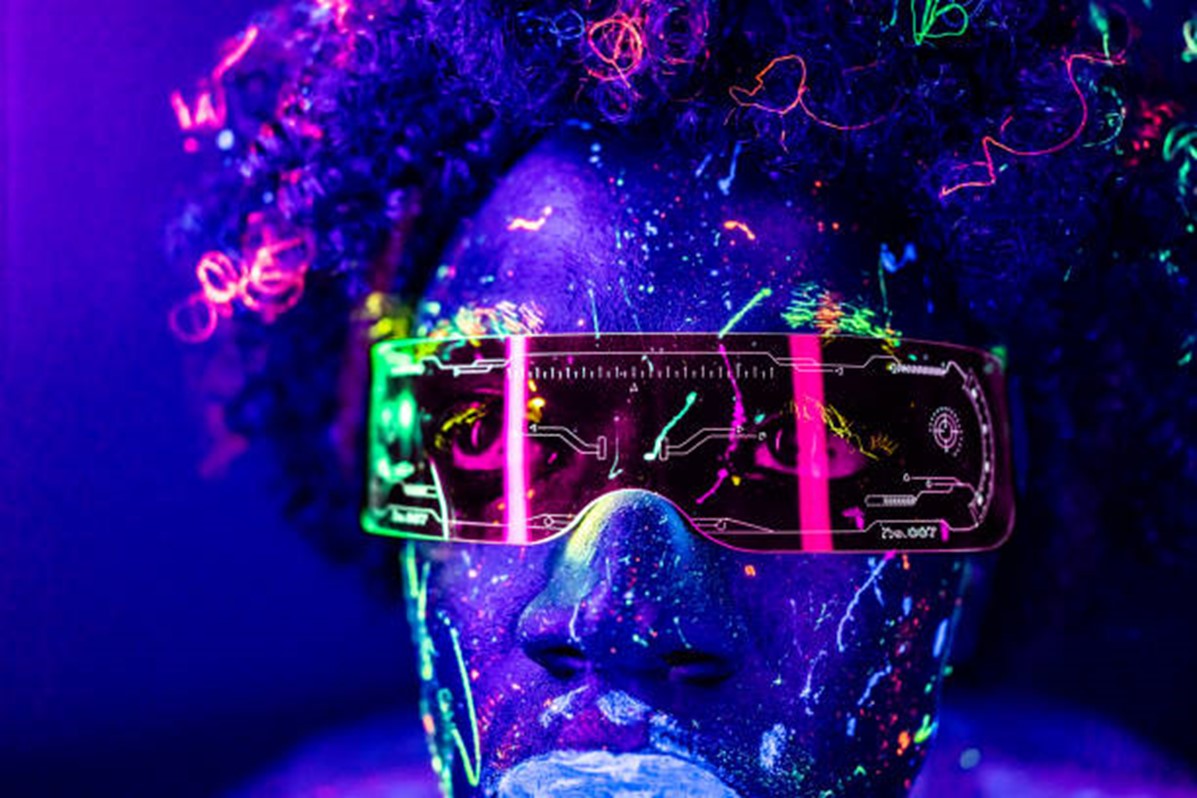We have had AI for a while now, so what’s the buzz around generative AI?

Generative AI refers to a class of algorithms that have the ability to create new content, such as images, videos, text, and even music, that closely mimic human-generated content. We have had AI for a while now, so what’s the buzz around generative AI? Unlike traditional AI, which relies on predefined rules and patterns, generative AI has the ability to generate original content based on a set of parameters and objectives. Emphasis on original content. With this comes a plethora of advantages for content creators and digital marketers. Here are a few:
Personalised Content Creation: By analysing vast amounts of data, AI algorithms can generate ad creatives that resonate with specific audience segments, leading to higher engagement and conversion rates.

Automated Content Production: Generative AI enables advertisers to streamline the content creation process by automating repetitive tasks such as image and video editing. This not only reduces production costs but also allows advertisers to produce a greater volume of content at scale, optimising ad campaigns for maximum impact.
Dynamic Ad Customisation: For example, an e-commerce retailer can use generative AI to generate personalised product recommendations in display ads based on a user's browsing history and purchase intent.
Personally, I would feel threatened by the evolution of this guy. Is my job is hanging by the thread? I would hope not.
With this evolution, digital marketers are presented with unprecedented opportunities. However, this shift also brings forth new challenges.
Ethical and Regulatory Concerns: While the potential of generative AI in digital advertising is immense, it also raises important ethical and regulatory considerations that must be addressed. As AI becomes increasingly sophisticated, there is a growing concern about its potential misuse, including the spread of misinformation and the manipulation of public opinion. Additionally, the use of AI-powered algorithms for ad targeting raises questions about privacy and data protection, prompting calls for greater transparency and accountability in digital advertising practices.
Quality Control and Brand Safety: As AI-generated content becomes more prevalent, advertisers must maintain strict quality control measures to ensure that ads align with brand values and comply with industry standards. This includes monitoring for inappropriate or misleading content generated by AI algorithms and implementing safeguards to prevent brand damage.
For every advantage, there is an almost equal disadvantage. Does that mean the use of Generative AI should be abolished? You tell me.
Here are a few strategies to implement when using any form of AI in digital advertising.
Invest in AI Capabilities: There are experts in AI prompts and general AI usage. Develop in-house AI expertise or partner with external vendors specialising in AI-driven advertising solutions to stay ahead of the curve.
Prioritise Transparency and Accountability: Provide clear disclosures to consumers about data usage and privacy practices. Companies are paying lots of money in damages from these privacy issues.
Stay Agile and Adaptive: Embrace a culture of experimentation and continuous learning, iterating on ad creative and messaging based on real-time performance data and consumer feedback.





